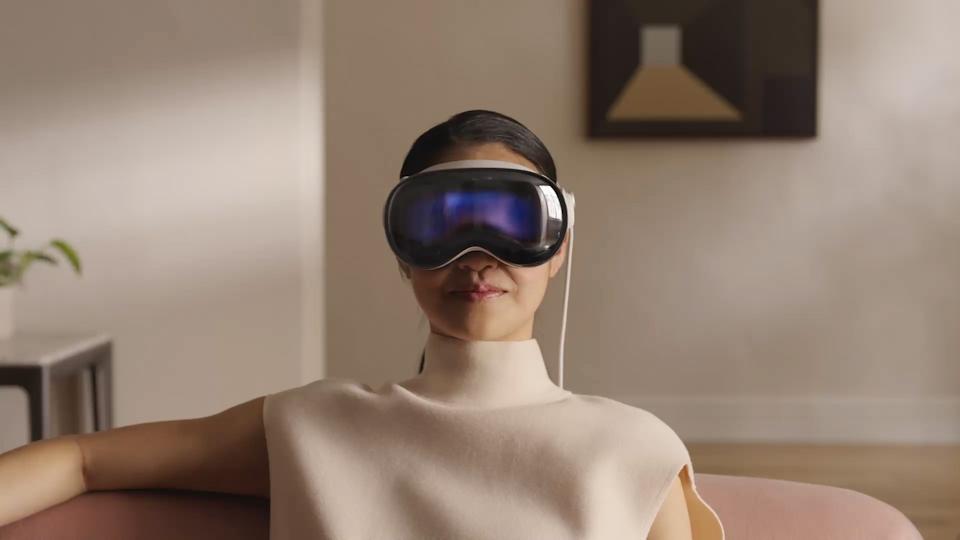Digital health round-up - government and Sandoz recognise trailblazing projects

The UK government has awarded £17 million as part of its Digital Health Catalyst to identify digital health projects that it hopes could revolutionise healthcare.
Winners include developing artificial intelligence for bed availability in hospitals, and 3D printing to create tablets and smart phone applications to improve the treatment of complex wounds.
As part of its industrial strategy, the government hopes to encourage innovation in medical technology, inciting economic growth by building on the country’s strength as a leader in life sciences research.
The catalyst is a cross-departmental initiative involving the departments of health and business, as well as the government agency Innovate UK, with funding allocated by UK Research and Innovation.
The projects are based across the country, in places as diverse as Cumbria, Devon, London and Edinburgh.
The funding, through the Industrial Strategy Challenge Fund managed by UK Research and Innovation, will also support efforts to enable antibodies to be taken orally rather than through invasive injections and increasing the range of medicines that can be delivered through skin patches.
Winners include Satalia, which is working with Great Ormond Street Hospital to use artificial intelligence (AI) to schedule operating theatre work to ensure there are suitable beds available in intensive care, or on wards.
Meanwhile, Medical Data Solutions and Services, working with Manchester University NHS Foundation Trust, will deliver a programme using smartphone apps to support healthcare professionals and patients to monitor and improve treatment of long-term complex wounds.
Kinosis, working with University College London Hospitals NHS Foundation Trust, will use AI and digital visualisation technologies to improve surgical support and performance while assisting the standardisation of surgical procedures through better management of real-time information – the ‘Intelligent Operating Room’.
Navenio Ltd, working with the University of Oxford, will accelerate and enhance systems to track the location of porters and equipment in a hospital, for maximum efficiency – ‘an Uber for porters.’
Cadscan, working with Chester Hospitals NHS Foundation Trust, will deliver a virtual reality platform using VR headsets to help people recover after a stroke.
FDA announced cyber security ‘playbook’
The FDA has unveiled new guidance outlining how healthcare organisations can prepare their medical devices and staff in the event of a security breach.
The US Food and Drug Administration (FDA) is striving to be prepared and responsive to any cyber vulnerabilities identified. It has launched a cybersecurity “playbook” aimed at healthcare delivery organisations to focus on promoting cybersecurity readiness.

Scott Gottlieb
FDA commissioner, Scott Gottlieb, issued a statement in collaboration with the non-profit MITRE Corporation, which manages federally funded research and development centres that support several US government agencies.
Gottlieb’s statement read: “The threat of cyber attacks is no longer theoretical. Cyber criminals and adversaries can inflict significant harm on networks through relatively simple methods, like emails or bugs known as malware.”
He noted that there have already been far-reaching and negative consequences of successful cyber campaigns on organisations.
“Victims include financial institutions, government agencies, and now health care systems. Even when medical devices are not being deliberately targeted, if these products are connected to a hospital network, such as radiologic imaging equipment, they may be impacted.”
He stressed that the FDA was not aware of reports of unauthorised users exploiting a cybersecurity vulnerability in a medical device that is in use by a patient, but warned that the risks exist.
The FDA also announced two memoranda of understanding (MOA) agreements bringing together multiple stakeholders to allow for increased information sharing and transparency around cybersecurity risks.
Sandoz competition encourages digital health disruption
Sandoz has announced a second competition inviting entrepreneurs and innovators in digital health to submit ideas that could complement or even disrupt established approaches to access to healthcare.
The competition, known as the Sandoz Healthcare Access Challenge (HACk) opened this week and entries close on November 30.
Novartis’ generics and biosimilars division said universal access to health is still the largest unmet medical need.
Despite some success, access varies hugely across geographies and communities, and the competition seeks to identify and understand the needs of different communitiues.
Digital innovation promises cost-effective and practical solutions with the power to transform access.
Last year’s HACk focused on mobile health and the winners have pilot programmes up and running in Ghana, the Maldives and the Phillipines.
GoPharma, a team in Ghana is testing a medical information system for pharmacists based around WhatsApp.
In the Maldives, the Blood Drive blood donor app is up and running and is providing clinics treating thalassemia with a register of blood donors.
And in the Philippines the Sali app is giving CPR training in schools, and has a goal of 500,000 downloads.
This year’s theme is “Leveraging Digital Technologies to Solve Healthcare Access Challenges.”
The aim is to encourage ideas to improve patient access or help healthcare providers reach more people.
Three shortlisted entrants, to be announced in January 2019, will receive support from Sandoz experts to develop their ideas and transform potential into real impact.
For more details on how to enter the competition and terms and conditions, click here.
GPs are not ‘tech dinosaurs’
The UK’s top GP has refuted accusations that doctors are ‘technophobic dinosaurs’.
Professor Helen Stokes-Lampard, chair of the Royal College of general practitioners (RCGP), said at a conference that tech companies are creating a ‘digital divide’ as younger and fitter patients are ‘siphoned off’ at the expense of those in greatest need, and then using ‘bully boy tactics’ if anyone challenges their methods.
She is scheduled to speak at the RCGP’s annual conference today, and is anticipated to say: “Those with the latest smartphone, those who speak English and live in cities, those who have high speed broadband, are being offered something that others are not.
“I believe that with the right use of technology in the future NHS we can actually aim to reduce health inequalities and counteract some of the adverse social determinants of health.
“I get really exasperated when I hear accusations that GPs are technophobic dinosaurs. What utter nonsense. GPs are not ‘afraid’ of technology or innovation. But robots don’t come cheap, tech costs money, and for GP practices that are already on the brink, implementing new, good technology is unfeasible.”
But chief medical officer of health app firm Babylon Health, Dr Mobasher Butt, hit back: “The RCGP talks about a ‘digital divide’, but the truth is the ‘digital divide’ is between organisations like Babylon, who are willing to challenge existing medical hierarchies in the interests of doing what’s best for patients, and those with vested interests who wish to keep primary care as the sole preserve of their organisations.
“It is great to see the RCGP openly highlight ‘bully boy’ tactics because this is the very stance the incumbents have taken with organisations like Babylon, who dare to go against the grain in order to improve patient care.
“As an organisation, we have certainly seen our fair share of such ‘bully boy’ tactics, including the refusal by local clinical commissioning groups to let us use empty consulting rooms and blocking access to treatment for their most vulnerable residents.”













